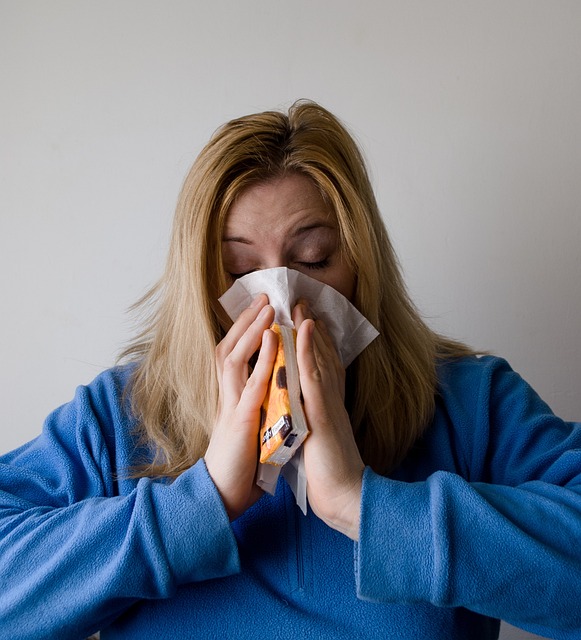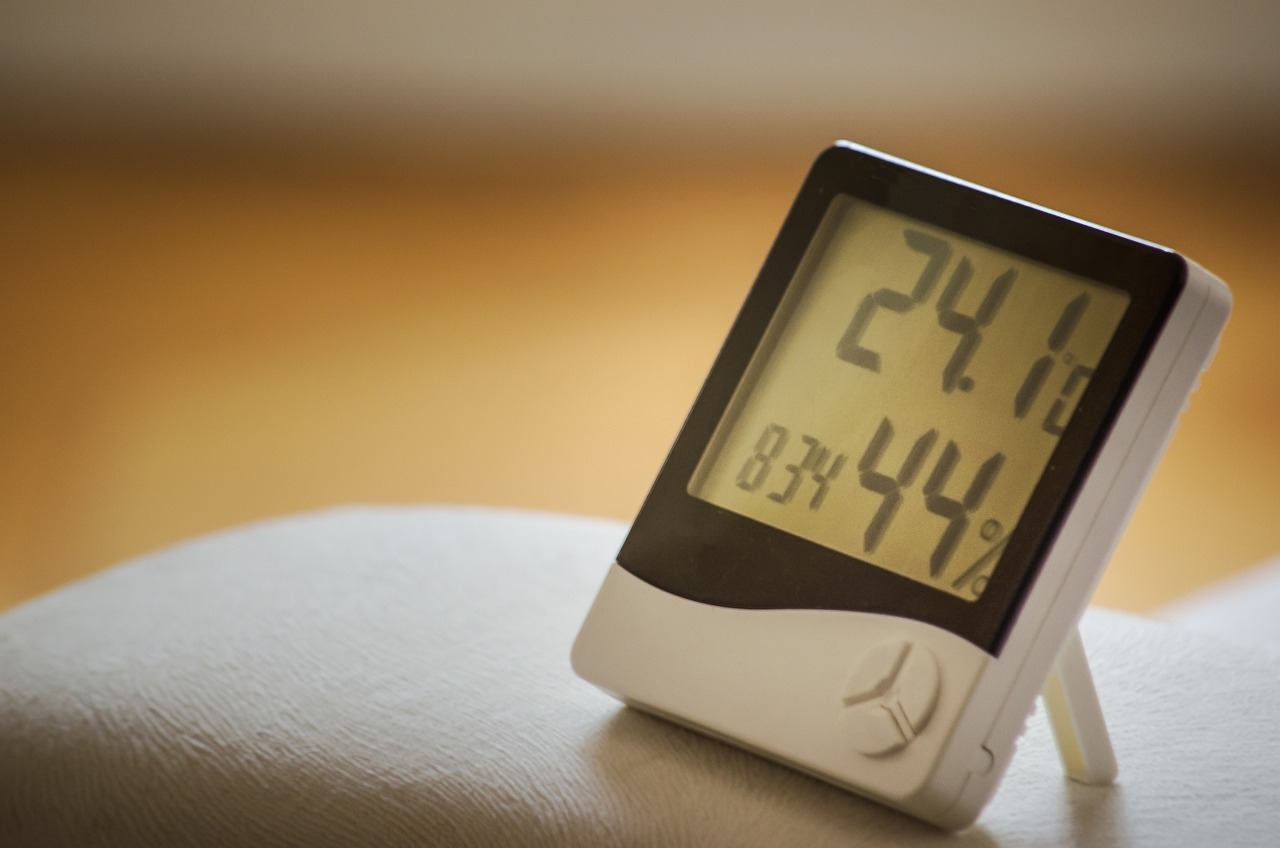Feeling a little hot and sticky lately? Well, it’s not just your discomfort that you need to worry about. Excess humidity can have some surprising impacts on your well-being. Whether battling the muggy summer months or living in a perpetually humid climate, understanding how high humidity levels affect your well-being is essential for staying healthy and comfortable. Below are answers to questions to help you understand the health impacts of excess humidity.
How Does Excess Humidity Impact Health?
 Excess humidity can wreak havoc on our bodies in more ways than we might realize. When the air is saturated with moisture, it becomes harder for our sweat to evaporate, leaving us feeling sticky and uncomfortable. This can lead to a range of health issues that go beyond mere discomfort. One of the main concerns with excess humidity is its impact on respiratory health. High moisture levels in the air create an ideal breeding ground for mold and dust mites, both common triggers for allergies and asthma. Inhaling these allergens can cause coughing, wheezing, chest tightness, and difficulty breathing.
Excess humidity can wreak havoc on our bodies in more ways than we might realize. When the air is saturated with moisture, it becomes harder for our sweat to evaporate, leaving us feeling sticky and uncomfortable. This can lead to a range of health issues that go beyond mere discomfort. One of the main concerns with excess humidity is its impact on respiratory health. High moisture levels in the air create an ideal breeding ground for mold and dust mites, both common triggers for allergies and asthma. Inhaling these allergens can cause coughing, wheezing, chest tightness, and difficulty breathing.
Humidity also affects our body’s natural cooling system. Normally, when we sweat, the evaporation process cools us down. However, in humid conditions where evaporation is hindered, our body temperature stays high, which puts extra strain on our cardiovascular system. This increases the risk of heat exhaustion or heat stroke.
Furthermore, excess humidity creates a favorable environment for bacteria growth. Bacterial infections like skin rashes or fungal infections like athlete’s foot thrive in warm and damp conditions. These can be not only irritating but also potentially serious if left untreated. Prolonged exposure to excessive humidity may have psychological effects too. Studies have shown that high humidity levels are often associated with increased feelings of fatigue and irritability.

Who Is Most at Risk From Excess Humidity?
While everyone can be affected by high humidity levels to some degree, some groups are at higher risk. A group that is particularly susceptible to the health impacts of excess humidity is infants and young children. Their delicate respiratory systems are still developing, making them more prone to respiratory illnesses such as asthma and allergies. Additionally, their smaller airways make breathing harder for them in humid environments harder. People with pre-existing respiratory conditions such as asthma or chronic obstructive pulmonary disease (COPD) must be especially cautious in humid environments. The additional moisture in the air can exacerbate symptoms and trigger flare-ups, leading to difficulty breathing and reduced lung function.
While these groups may be most at risk from excess humidity exposure, everyone needs to take precautions during periods of high humidity. Stay hydrated, seek out cool areas with proper ventilation, or use dehumidifiers if necessary. By being aware of the potential health impacts and taking steps towards prevention, we can all stay healthy even when faced with excessive environmental moisture.
Conclusion
Excess humidity can harm our health, impacting various aspects of our well-being. Staying mindful of excess humidity’s impact on your health is vital for maintaining overall well-being. By proactively regulating indoor moisture levels and implementing healthy habits into your daily routine during humid conditions, you’ll be better equipped to safeguard against potential health risks associated with high-humidity environments.…
Read More
